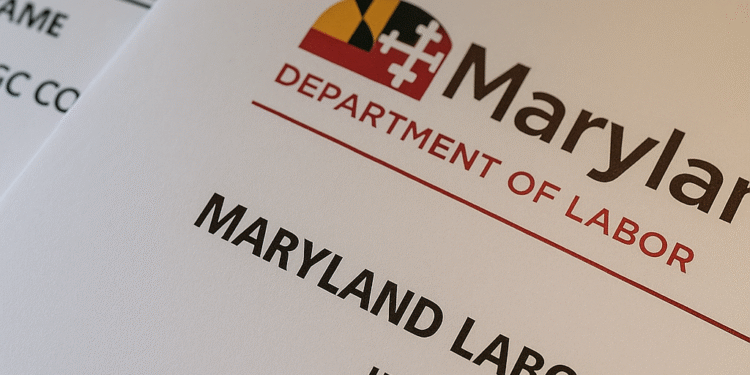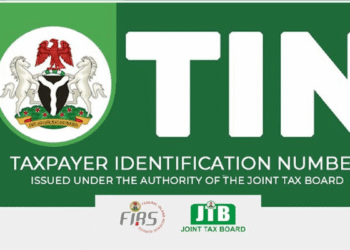Only in America can a software “glitch” make people rich overnight at least for a moment. That’s exactly what happened when Maryland issued double payment to workers who had accepted voluntary buyouts from the state government. Nearly 293 former employees woke up to find their accounts credited with double the amount they were owed. Some received $40,000 instead of $20,000, plus twice the service bonus. It would have been the happiest error of their lives if not for the swift warning from state officials: don’t touch the money, we’re taking it back.
A Costly Error in a Time of Cuts
The embarrassing payout happened just days after Maryland formally eliminated more than 500 positions from its state government. The move was part of a desperate attempt to save money and balance a struggling budget. Governor Wes Moore, in what sounded like a pep talk, told the public that none of these decisions were easy, but necessary. The Voluntary Separation Program was supposed to be a neat way to reduce staff peacefully, pay people off and save the government future costs. Instead, the plan glitched.
While the administration was busy bragging about saving $10.5 million in the 2026 fiscal year, a small software error managed to send double the payment to almost 300 people. The irony writes itself, you’re cutting jobs to save money but losing money through digital confusion. It’s like trying to drain a pool while the tap is still running.

The State’s “Oops, Don’t Spend It” Message
Maryland officials quickly sent out frantic emails and calls to the affected workers, telling them not to touch the extra money sitting in their accounts. The tone was almost pleading, as if the mistake could vanish if everyone simply pretended not to see it. But the damage was done, people had already seen the numbers in their bank apps. One former worker, still furious, called it “sad for our government, sad for our state, and sad for the employees.”
The government’s solution was to automatically retrieve the excess payments over the next few weeks. Officials promised that the correct amounts would be restored by November 19. The question now is how many people already spent part of the unexpected fortune before realizing it wasn’t theirs to keep. Because, let’s be honest, when you see extra money in your account, especially from your former employer, your first thought isn’t, “Oh, this must be a government mistake.”
Technology’s New Trick: Costly Glitches
Maryland’s excuse for the chaos was simple, a software error. That phrase is fast becoming a national anthem for public incompetence. From voting machines miscounting ballots to payroll systems sending money into the void, “software error” is now code for “we didn’t double-check.”
Governor Wes Moore said cutting positions would help “protect our people” and save the state millions. The Voluntary Separation Program was supposed to show smart leadership, instead, it revealed sloppy coordination. Eliminating 500 positions may save $22 million next year, but how much confidence did this mistake just cost?
Even more painful is how this plays out for the affected workers. Many of them gave decades of service to the state. Now, their goodbye gift turned into a financial nightmare, some likely spent what they thought was rightfully theirs, only to be told they owe it back. It’s bureaucratic cruelty.
The Bigger Problem Nobody Talks About
This is not just about Maryland. It’s about the growing gap between digital governance and human reality. Governments are automating everything, from payrolls to layoffs and when it goes wrong, no one takes responsibility. The same software that miscalculated payments could easily mismanage something bigger, like pensions or health benefits. And what happens then? Another apology, another press release, another “glitch”?
When a state that’s struggling to save money accidentally gives out more, you have to ask: who exactly is auditing the auditors? The sad truth is that the same system designed to save millions could end up costing more in refunds, reprocessing, and public trust.
Accountability or Excuse?
Officials promised the right payments will be back in accounts by mid-November. That’s the official line. But if the error had favored the state say, underpaying workers instead of overpaying would they have been as quick to correct it? History says no. People always notice when they’re overpaid, but governments rarely rush when they underpay.
The Maryland issued double payment to workers scandal shows more than just financial confusion. It shows how a simple system error can expose cracks in leadership, oversight, and planning.














